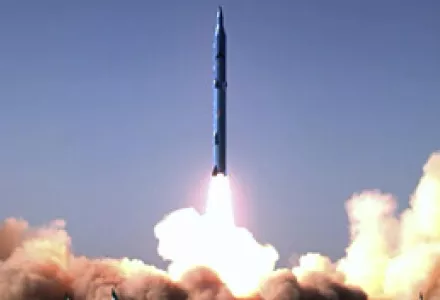Arms Control and Missile Proliferation in the Middle East
In 2010, the Review Conference of the Nuclear Non-Proliferation Treaty (NPT) called for the establishment of a Weapons of Mass Destruction Free Zone in the Middle East and for a conference to be attended by all states from the region to be held in 2012 as a first step to facilitate this goal. Past attempts to advance regional arms control failed because negotiators could not overcome the stalemate between Israel and the Arab states, mainly Egypt. This seminar argues that this sorry state of regional arms control can be changed by building on the NPT Review Conference's mandate, covering delivery systems as well. Instead of repeating the mistake of allowing negotiations to be dominated by the old Israeli-Arab juxtaposition, a focus on delivery systems would address the concerns of all parties in the region.




